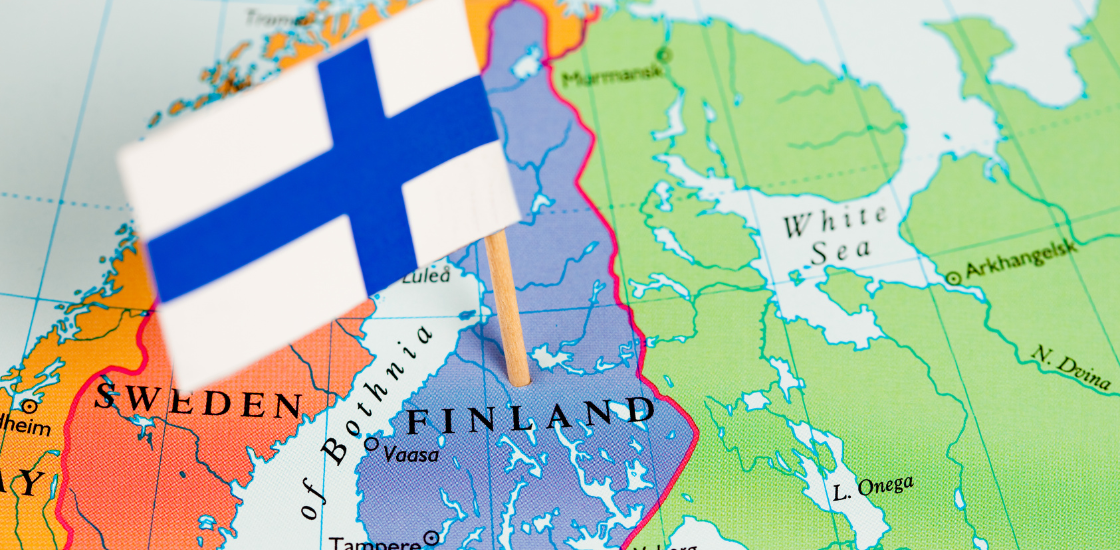Finnish Court Temporarily Lifts Payment Blockade on Betsson Amid Appeal
In a recent turn of events, Finland’s Supreme Administrative Court has temporarily lifted the order to block payments to Betsson’s subsidiary, BML Group, pending the completion of Betsson’s appeal process. This decision comes after the Finnish National Police Board had blacklisted BML Group, a Malta Gaming Authority-licensed entity, compelling local banks and payment services to halt transactions to the operator.

The Controversy Surrounding BML Group
The initial blacklisting and subsequent fine of EUR 2.4 million imposed on BML Group by the Helsinki Administrative Court were based on allegations of the company targeting the Finnish market. This marked a significant action against a Malta Gaming Authority-licensed firm by Finland, a country still operating under a gambling monopoly system with Veikkaus as the sole legal operator.
Betsson has contested the fine and the allegations, leading to the temporary suspension of the payment blockade. A spokesperson for Betsson informed NEXT.io that the appeal process is underway and that the EUR 2.4 million fine is also on hold until a final decision is made. This development was further confirmed by the removal of Betsson’s name from the National Police Board’s blacklist.
In a strategic response to the Finnish blockade, Betsson had previously shifted its brands to a new holding entity, Rizk Nordic Limited, also licensed by the Malta Gaming Authority. This move was aimed at circumventing the payment restrictions and maintaining service continuity for its EU customer base, excluding Sweden and Ireland.
Finland’s Monopoly Model and the Road to Reform
The ongoing dispute unfolds against the backdrop of Finland’s monopoly gambling model, which currently restricts legal gambling operations to Veikkaus. However, Finland has signaled intentions to dismantle this monopoly by 2026, transitioning to a licensing model to address regulatory challenges and combat problem gambling.
Recent studies, such as one compiled by the Institute for Health and Welfare, have highlighted the urgent need for regulatory reforms, citing that approximately 150,000 Finnish citizens might be grappling with gambling issues. These findings underscore the complexities of the gambling landscape in Finland and the necessity for a more regulated market.
Our Comment on the Article
The suspension of the payment blockade against Betsson during its appeal process highlights the intricate balance between regulatory enforcement and legal recourse in the gambling industry. As Finland navigates its path towards gambling reform and a potential end to its monopoly model, cases like Betsson’s underscore the challenges and controversies that can arise in transitioning markets. The outcome of this appeal could set important precedents for how international operators engage with Finnish regulations, and more broadly, how countries with gambling monopolies adapt to an increasingly globalized and digital gaming environment.
